


















About Dr Ankit Singhvi
Neuro and vascular interventional radiologist
Achievements
Performed complex Neuro intervention successful cases.
Expertise and interest in stroke – mechanical thrombectomy, complex carotid Stenting, ruptured or unruptured aneurysms, AVM or dural AVF.
Performed successfully 10000 plus IR procedures.
Our Team

Dr. Sudhir vasistha
MBBS,MD RADIODIAGNOSIS (LHMC, new delhi), PDCC IR (ILBS, New Delhi), past SR AIIMS jodhpur

DR. ANURAG
Dr anurag completed his MD DNB in Radiodiagnosis from Tata Memorial Hospital and his MBBS from SNMC, Jodhpur.
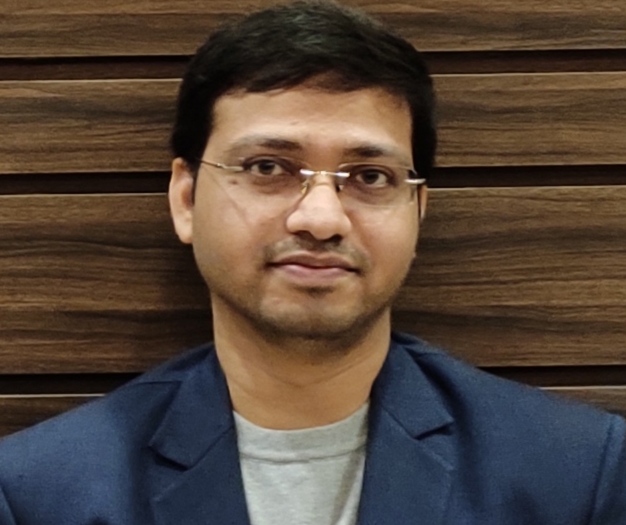
Dr. Jitendra Kumawat
MBBS Rajasthan University of Health Science, Jaipur. (RAJ.),DNB (RADIO- DIAGNOSIS),National Board Of Examination(NBE), New Delhi.
Our Services

Neurointerventions
Neurointerventions are advanced medical procedures designed to diagnose and treat conditions affecting the nervous system...

Thyroid Goitre Intervention
Thyroid Goitre is an enlargement of the thyroid gland, located at the base of the neck. This condition can result from various causes...

Diabetic Foot Intervention
Diabetic Foot is a common complication of diabetes, characterized by the development of ulcers, infections, and deformities in the feet..

Hepatobiliary Intervention
Hepatobiliary Intervention refers to minimally invasive procedures designed to diagnose and treat conditions affecting the liver, gallbladder...
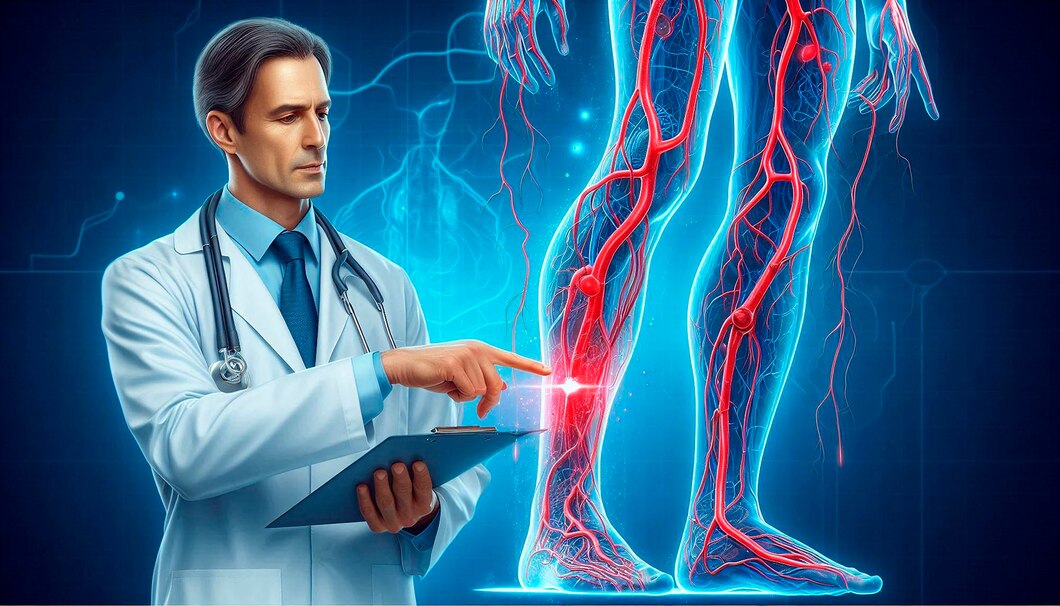
Deep Vein Thrombosis
Deep Vein Thrombosis (DVT) is a condition where a blood clot forms in a deep vein, usually in the legs. This can lead to serious...

Varicose Veins Intervention
Varicose veins are swollen, twisted veins that often appear blue or purple and are visible just beneath the skin’s surface...

Uterine Fibroid Embolisation
Uterine Fibroid Embolisation (UFE) is a minimally invasive procedure used to treat uterine fibroids, which are non-cancerous growths...

Varicocele Intervention
Varicocele is a condition characterized by the enlargement of veins within the scrotum, similar to varicose veins that occur in the legs...
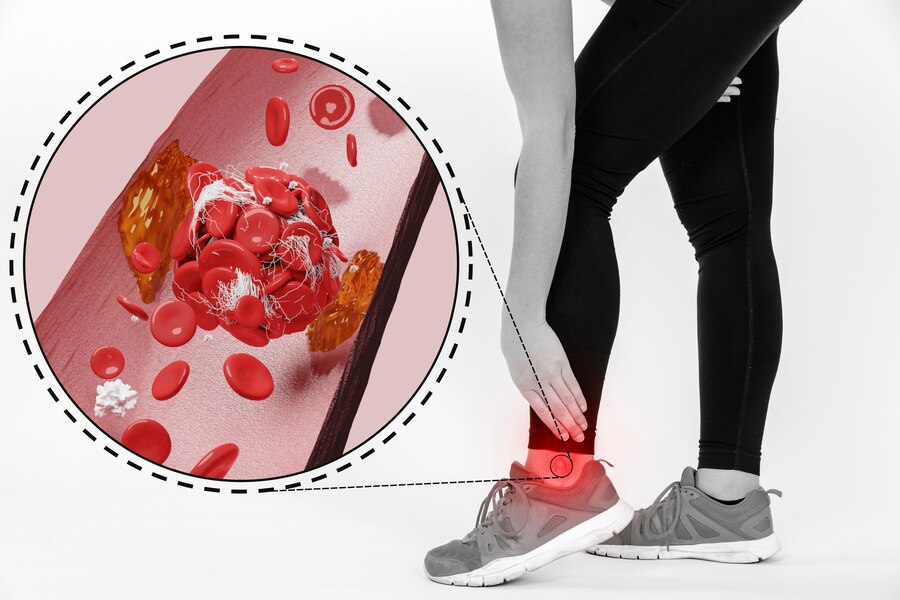
Active Bleeding
Active bleeding refers to the ongoing loss of blood from a vessel, which can result from trauma, surgery, or medical conditions...

Cancer Interventions
Cancer interventions encompass a range of medical treatments and procedures aimed at diagnosing, treating, and managing cancer...
Happy Patients

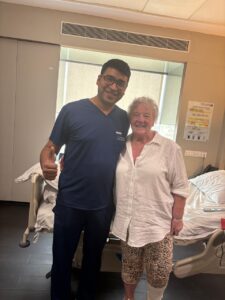

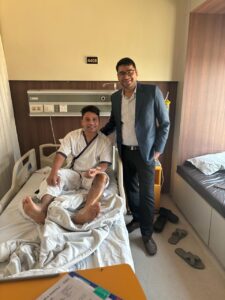

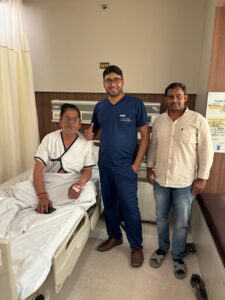
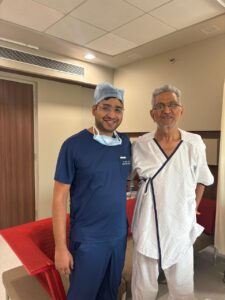
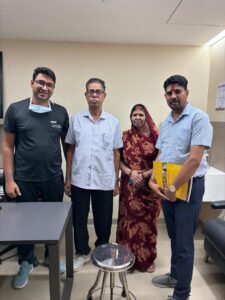
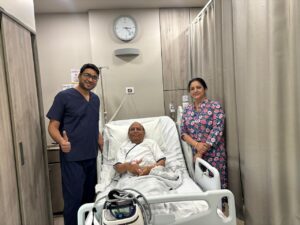
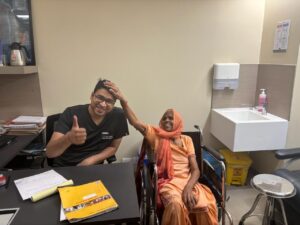
Latest From Blog
BRAIN HAEMORRHAGE GRADE IV SURVIVAL with follow up blessings
Ruptured DACA aneurysm- old lady with grade IV SAH, brain aneurysm coiling was performed – life saved came for follow up with blessing
Faq
Interventional Radiology is a medical specialty that uses imaging (like X-rays) to perform treatments without major surgery.
We treat conditions like stroke, brain aneurysms, varicose veins, deep vein thrombosis (DVT), and more.
Yes, IR procedures are generally safe and minimally invasive, with fewer risks compared to surgery.
We use small incisions and imaging guidance (like X-ray or ultrasound) to treat the problem areas inside your body.
Most IR procedures have short recovery times. Many patients go home the same day or the next day.
Most patients feel little to no pain. We use local anesthesia or mild sedation to keep you comfortable.
Yes, IR can remove blood clots in the brain during a stroke, helping to restore blood flow and reduce damage.
Embolization is when we block abnormal blood vessels to stop bleeding or shrink tumors.
In most cases, a referral from your doctor is needed. Check with your healthcare provider for details.
Most IR procedures are covered by insurance, but it’s important to check with your provider for specific coverage.